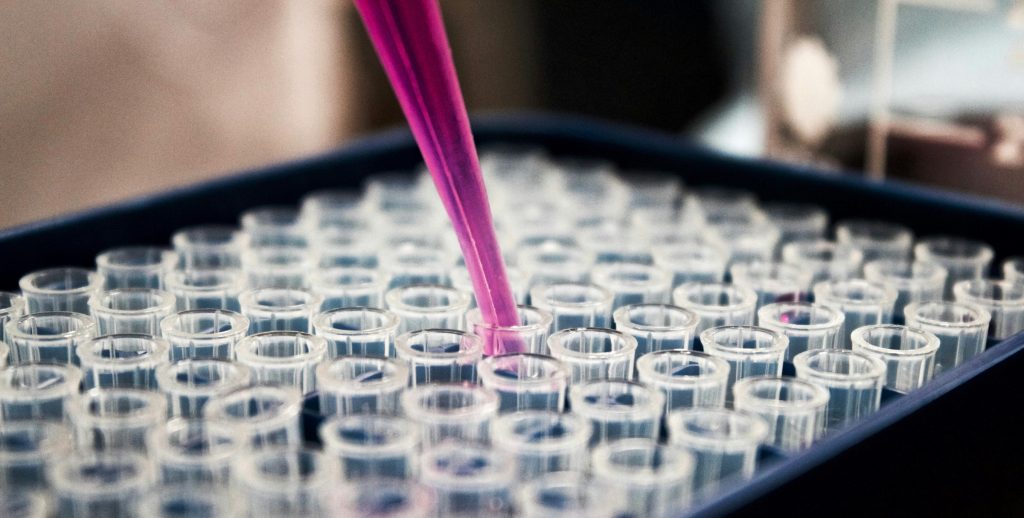In recent years, Rates of STI transmission have increased in the UKwith an alarming increase in chlamydia, gonorrhea and syphilis diagnoses, particularly in Scotland and Wales. The increases are particularly pronounced among older people.
Can the changes that occur in the body during menopause make it more likely to get an STD?
Keep reading to find out.
Worried about STDs? Get tested at a sexual health clinic near you.
Why are STDs increasing in the elderly?
Some people believe that sexual desires disappear immediately after the age of 60.
While this is indeed true for some, for various reasons (including hormonal changes, health complications, stress, and more), it is by no means true for everyone.
Indeed, many medical advances have been made in recent decades to keep the elderly alert.
Drugs like Viagra and Cialis for erectile dysfunction, and estrogen creams and tablets for vaginal dryness, have helped grease the wheels for older sex. The more often people have sex, the greater their risk of contracting an STD.
Another reason why STDs are on the rise among the elderly may be the fact that the sex education received by the older generations it tended to be less sophisticated than the education most young people receive today.
Many seniors can date after a divorce or the death of a spouse and not have to worry about STDs for decades. Seniors can enter the dating scene with beliefs, instincts, and knowledge about sexual health absorbed decades ago. Doctors may also not even think to test older people for STDs when they go in for their routine appointments.
Older people are generally less likely than younger people to discuss their sexual history, especially with their partners or health care providers, which makes them more likely to pass on an infection if they have it.
Condom use among older adults also tends to be less consistent, especially among men who already struggle with erectile dysfunction.
But these aren’t the only reasons why STD infections in the elderly are more common than you might think. Older women may be at particular risk…
What role does menopause play?
Menopause is a natural biological process that marks the end of a woman’s menstrual cycle. It is diagnosed after you have gone 12 months without a period. Menopause can happen in your 40s or 50s, but the average age is around 50.
Menopause is caused by a loss of estrogen production from the ovaries, which affects vaginal lubrication and tissue elasticity. This can cause genitourinary syndrome of menopause, or GSM, which can lead to vaginal dryness, painful sex, and urinary tract infections. About half of postmenopausal women experience GSM.
Women undergoing menopause tend to lose the protective barrier of the genital systeman essential defense against pathogens that cause STDs.
The surface of the vagina consists of several layers of epithelial cells held together by adhesion molecules such as desmoglein-1 or desmocollin-1. These proteins strengthen the vaginal lining.
As these protective barriers break down, women may become more susceptible to absorbing pathogens they may be exposed to during intercourse.
Take a menopause test
If you are a woman over the age of 45 and sexually active, you may want to pay special attention to your sexual health.
In addition to getting tested regularly after each new sexual encounter, you may want to find out if you’ve gone through menopause, as this can increase your risk of contracting an STD.
Better2Know provides a menopause test which assesses menopausal status by determining the levels of five hormones that help regulate your reproductive cycle. These hormones control different processes within your body such as digestion, lactation, metabolism and reproduction.
Hormones tested include:
- Luteinizing hormone (LH): It helps to control the menstrual cycle and the release of eggs.
- Follicle Stimulating Hormone (FSH): This is important for egg production in the ovaries.
- Thyroid stimulating hormone (TSH): This controls the production of thyroid hormones.
- Free thyroxine (FT4): This can help you determine if your thyroid is working properly.
- Estradiol: A hormone that is important for the growth and development of the female reproductive system.
Final thoughts
If you’re wondering if you’ve gone through menopause and are concerned about the effects it could be having on your health, click the button below to schedule a menopause test with Better2Know.

It is always better to know your health status. Get tested at a clinic near you.
